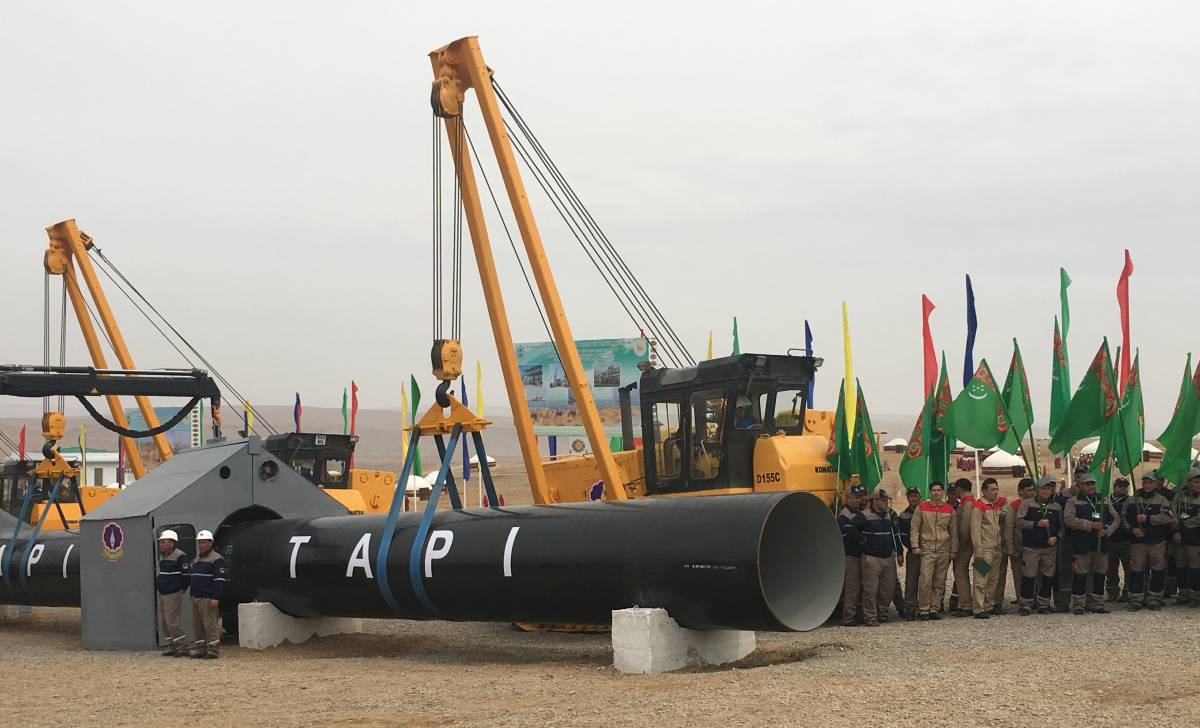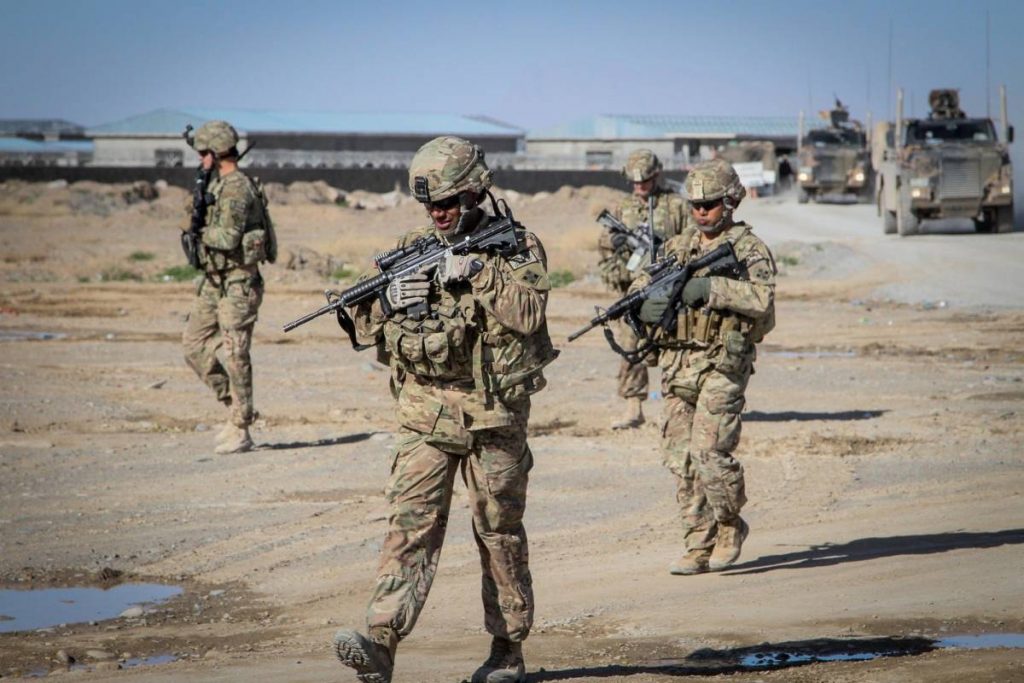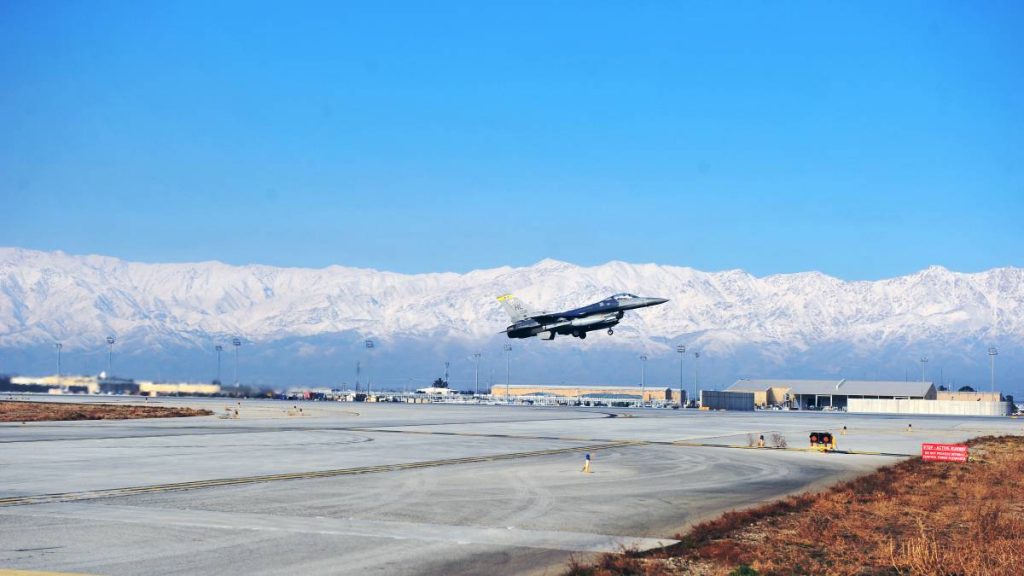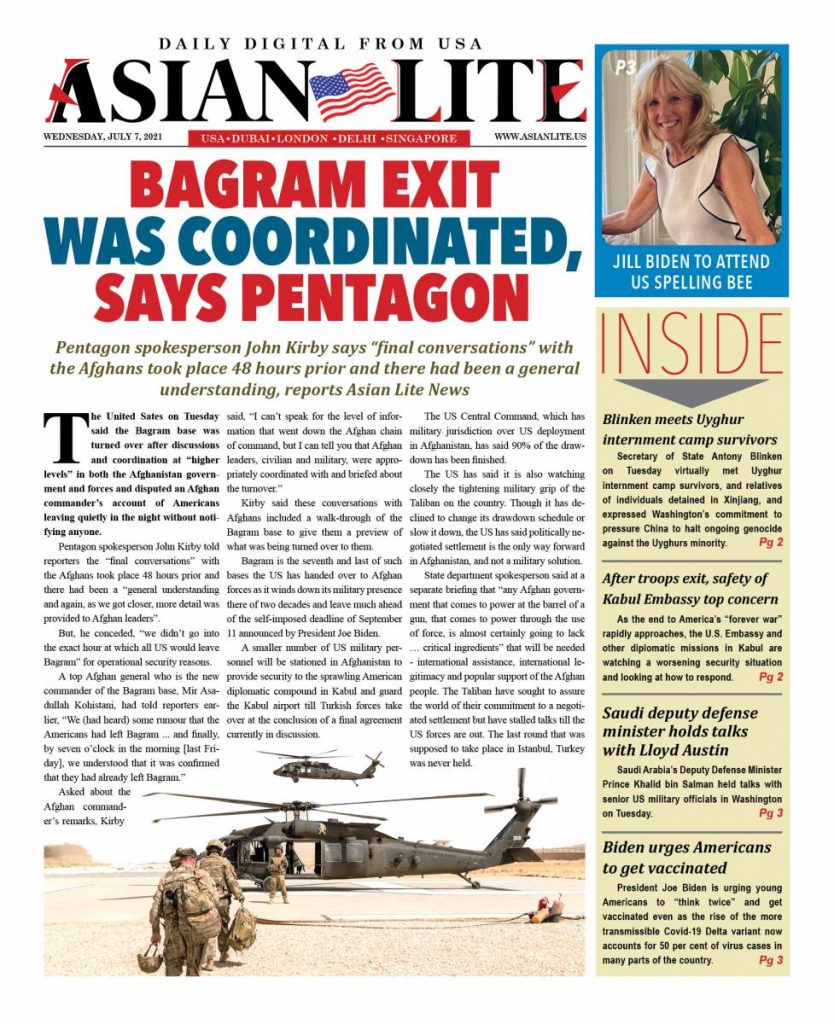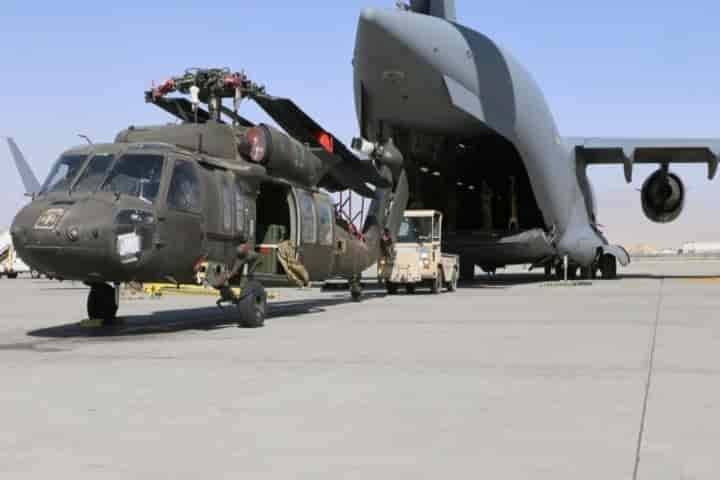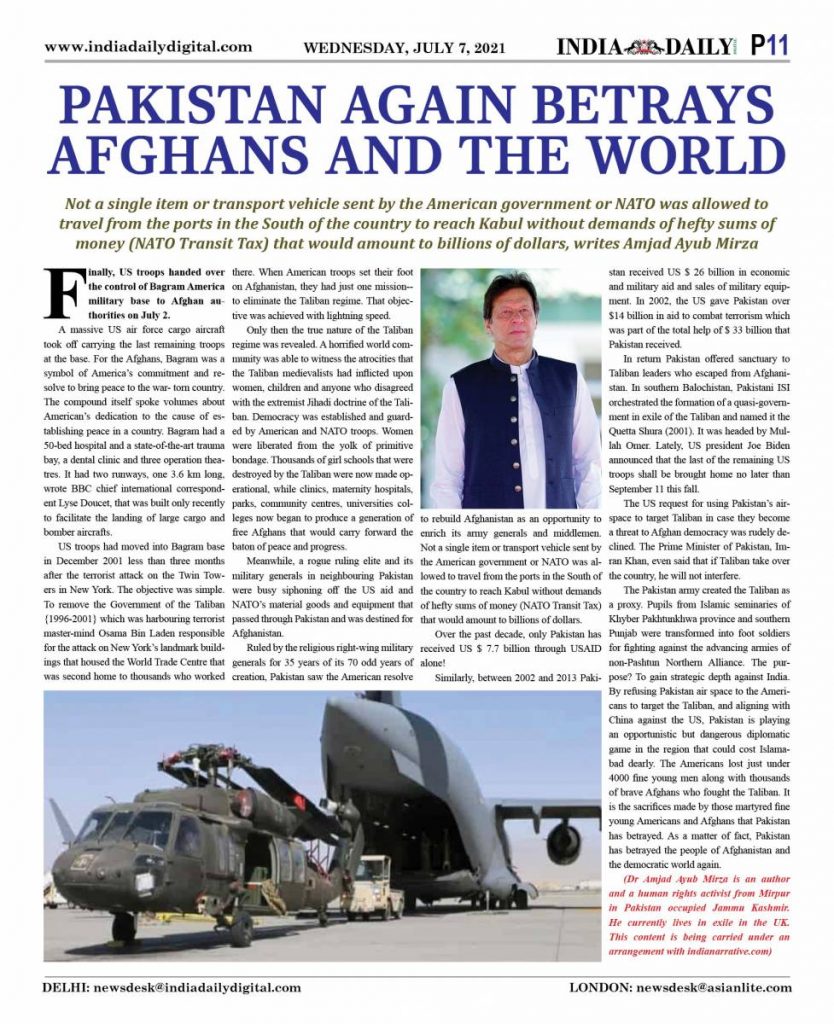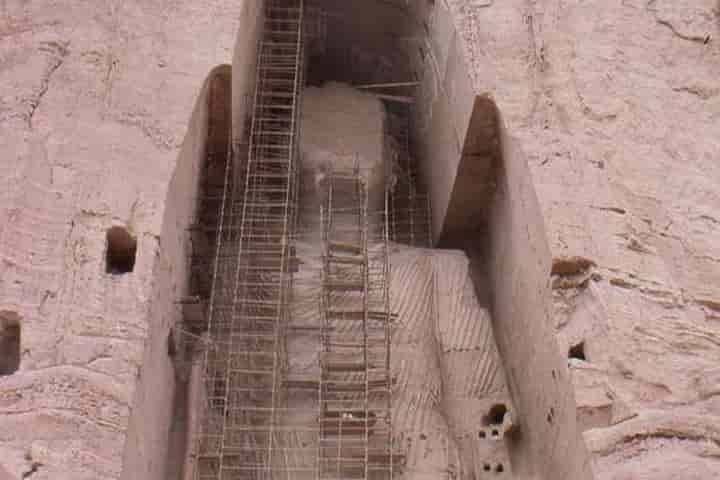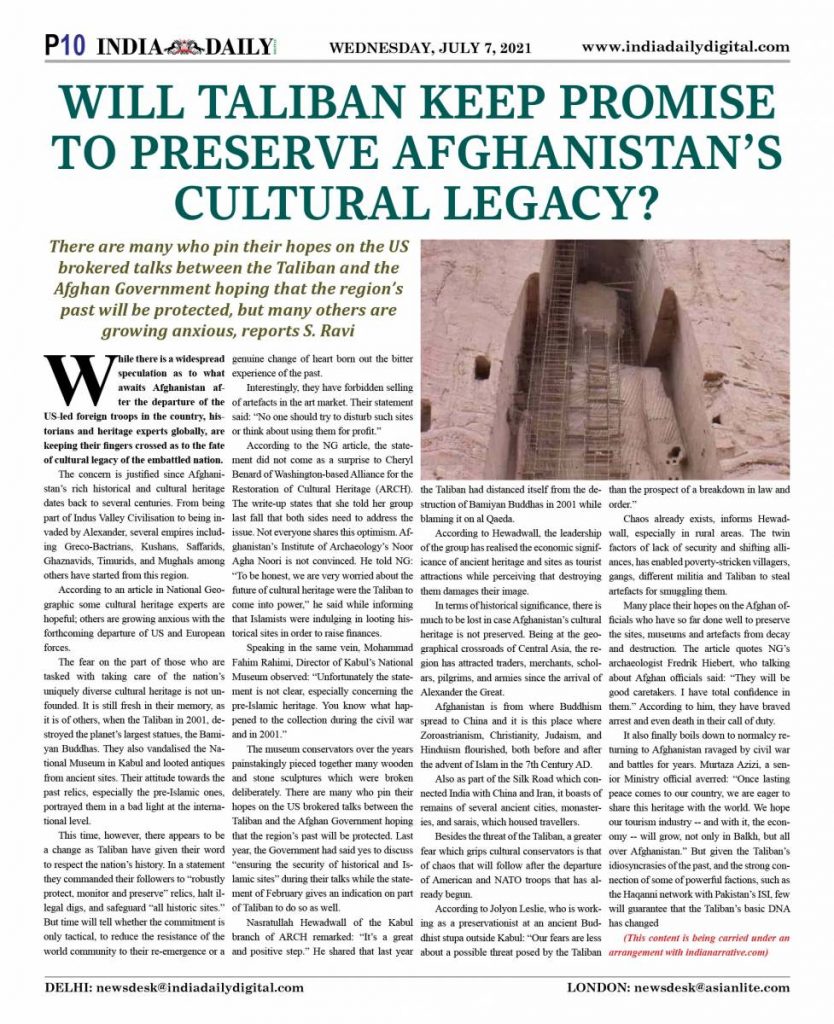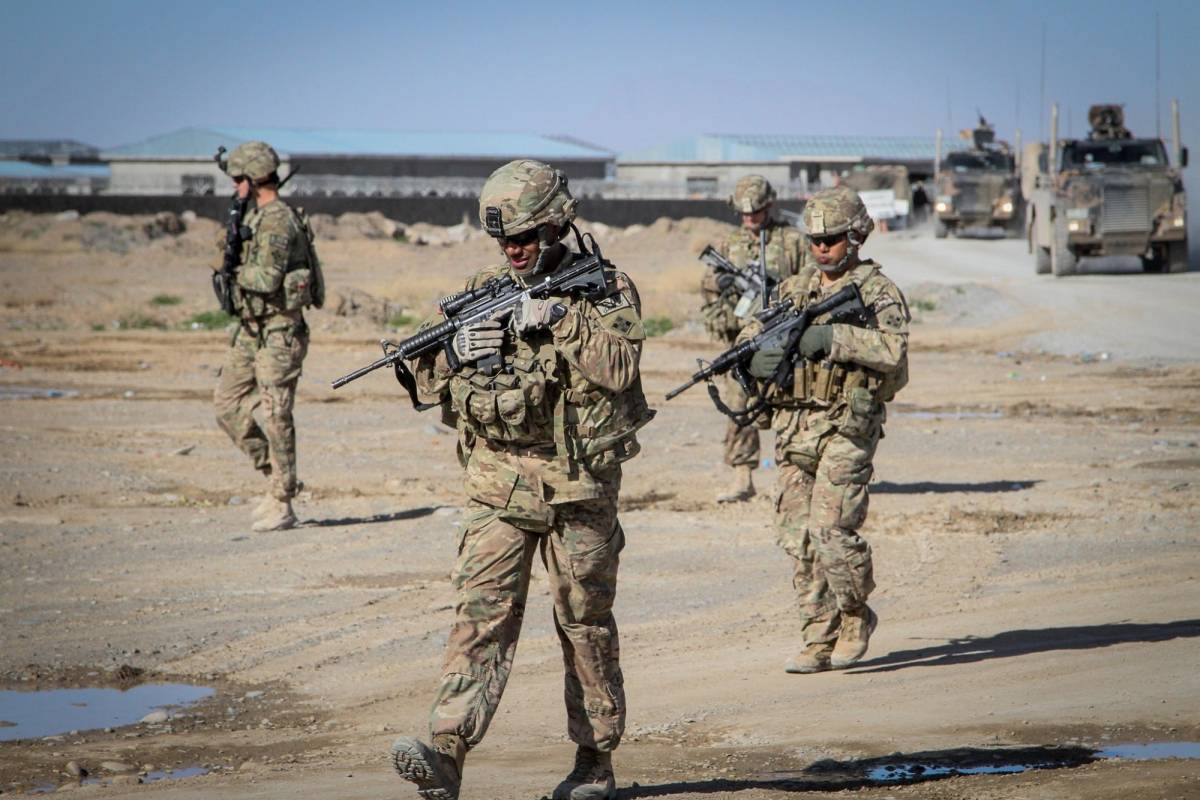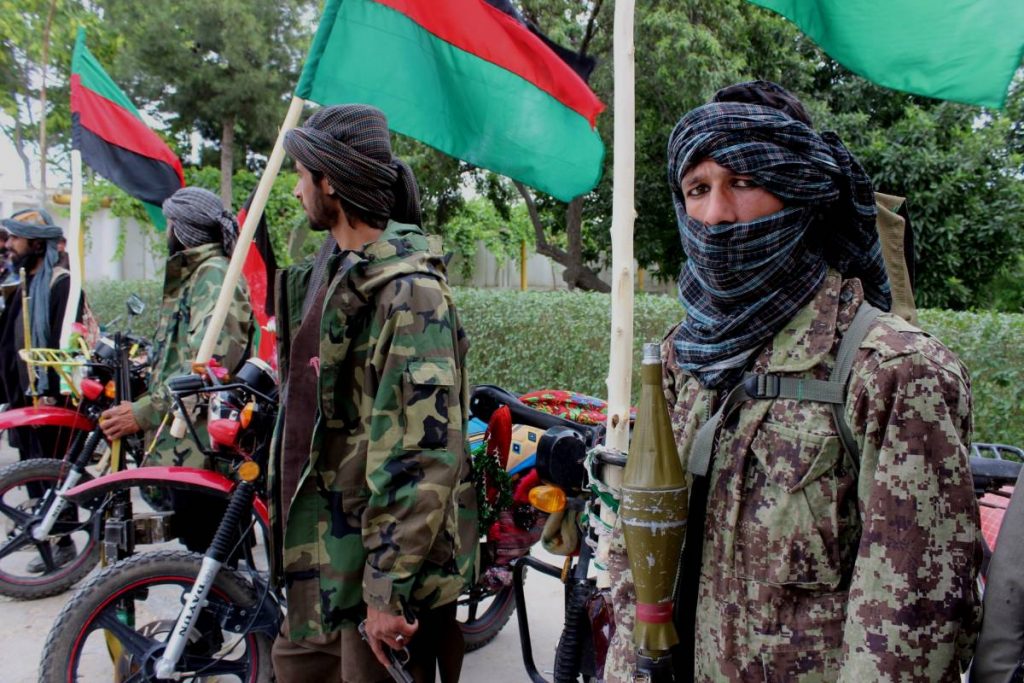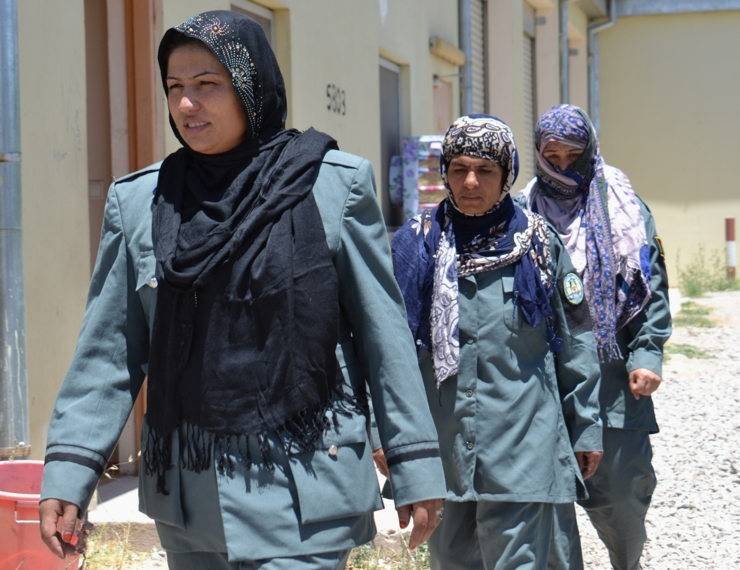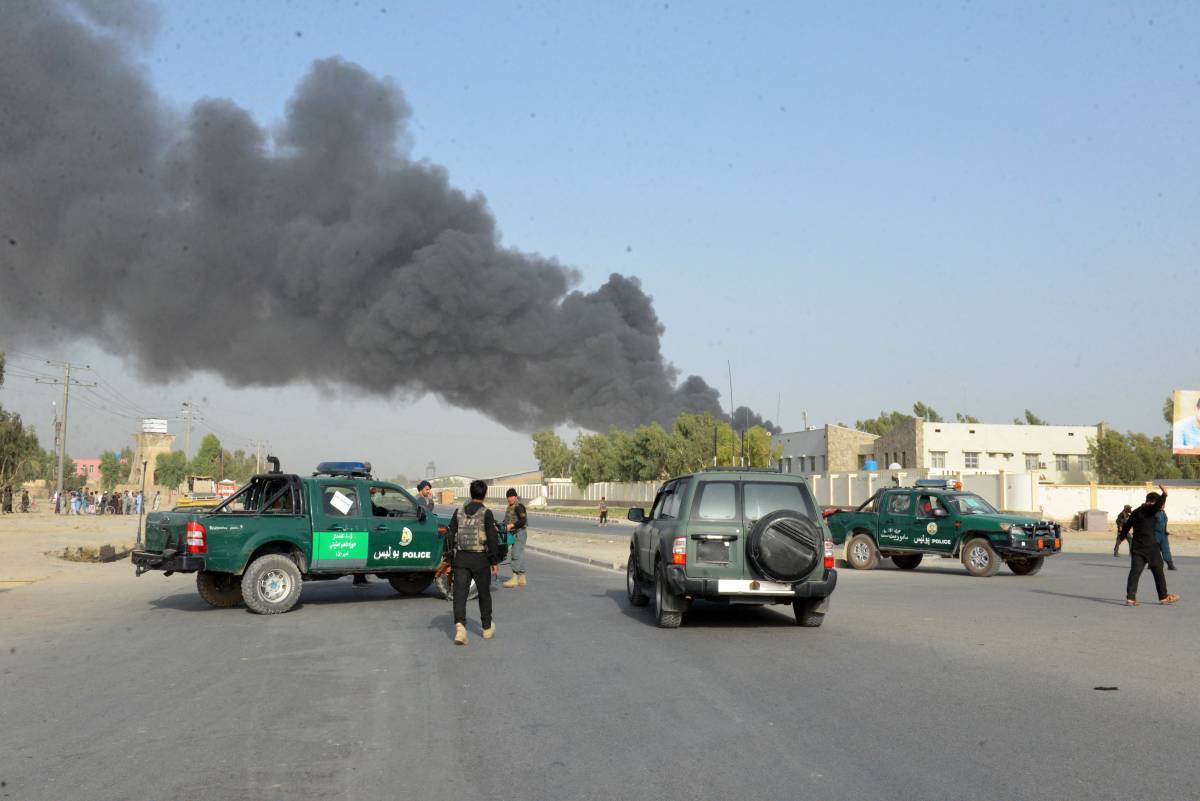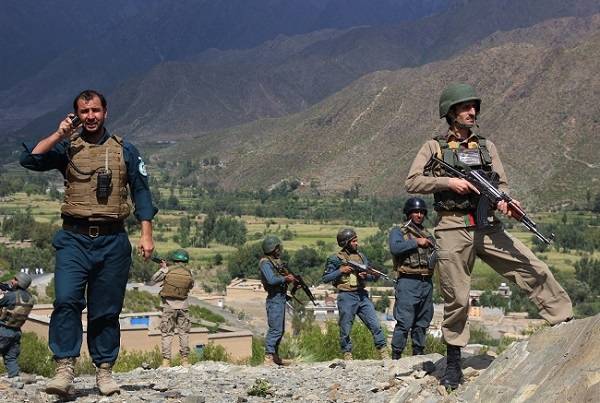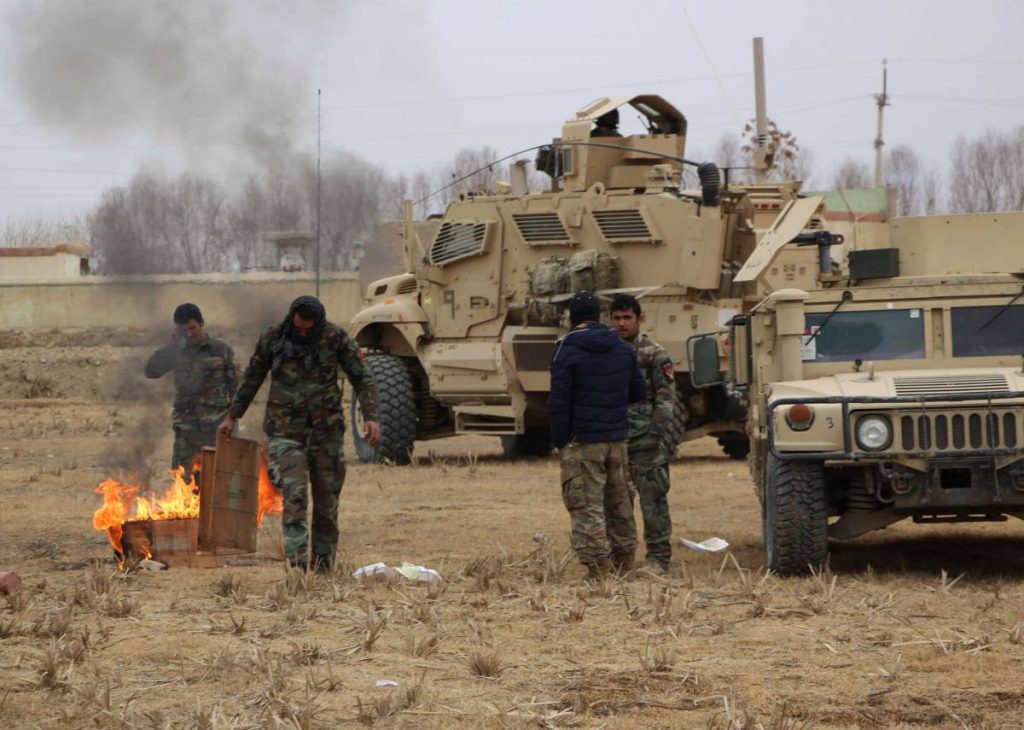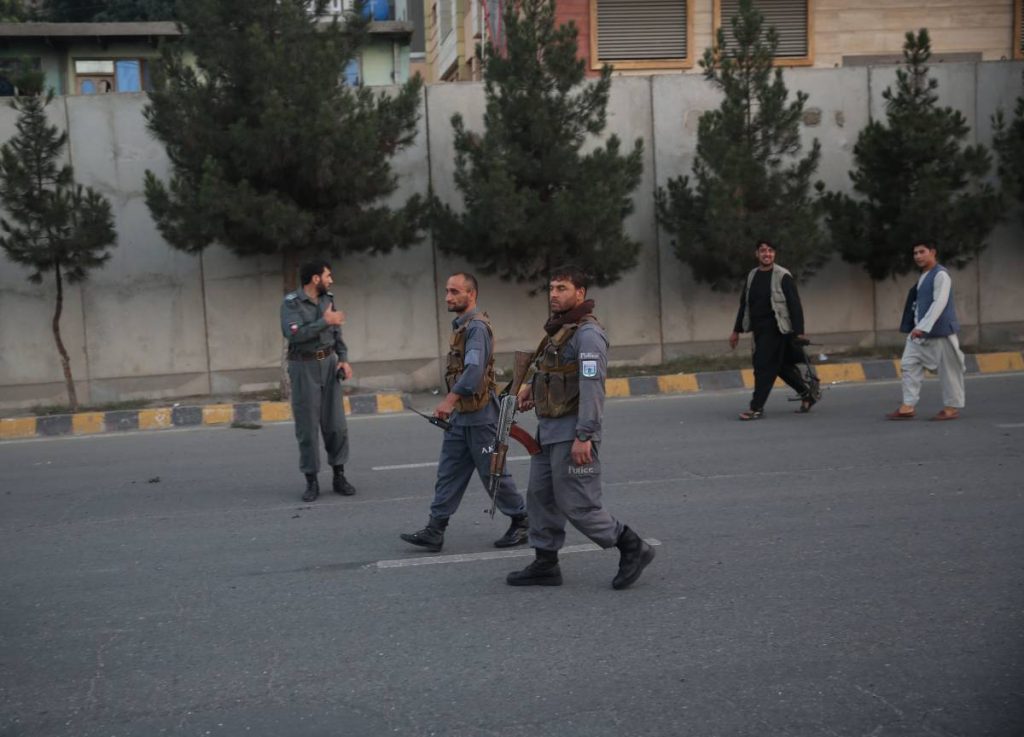The ambitious 1,814 km trans-country natural gas pipeline project is important not only for India but also for Turkmenistan…reports Mahua Venkatesh
As political uncertainties grip Afghanistan with the withdrawal of US troops, what will be the future of the proposed Turkmenistan-Afghanistan-Pakistan-India (TAPI) pipeline? Energy experts told India Narrative that India will have to carefully adopt a wait and watch policy as Taliban has already started making rapid inroads in Afghanistan.
The ambitious 1,814 km trans-country natural gas pipeline project is important not only for India but also for Turkmenistan, as this gives a new export market to Ashgabat.
In fact, in February, Turkmenistan invited a Taliban delegation to discuss the future of this pipeline. Though the delegation led by Mullah Abdul Gani Baradar expressed full support and promised to protect the project, worries are rising for India.
“The global energy landscape is changing faster than ever before, with new emerging geopolitical equations in Central Asia and in the Middle East in particular. The growing – and even muscular in some places – influence of China is omnipresent, resulting in a big recast in the energy chessboard all across from the north of Kazakhstan to Saudi Arabia and beyond,” India’s leading energy expert Narendra Taneja said.
Taneja however said that India, over the last few years, has diversified its sources of oil and natural gas.
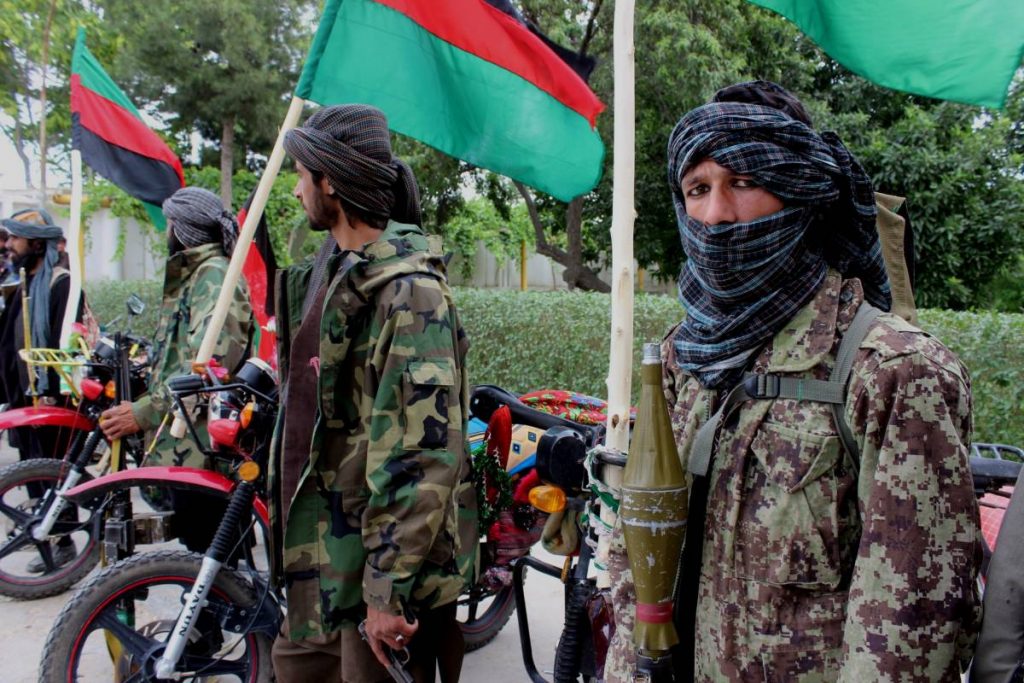
“India does not need to worry much in terms of oil and gas supply from the two regions as it (the supply) already stands quite diversified, but what should worry us is threat to the size of our presence in the energy chessboard, in the great energy game. The silence everywhere on TAPI is a classic example,” Taneja said.
“China hates TAPI,” he noted.
ALSO READ: Taliban warns foreign troops will be at risk as occupiers
Though speculations are rife on whether the project will get a quiet burial, Subhomoy Bhattacharjee, Senior Adjunct Fellow at RIS (Research and Information System for Developing Countries) told India Narrative that it is too early to write it off.
“It is true that the situation is tricky and we will have to wait to understand the dynamics in Afghanistan,” he said.
“Often totalitarian governments depend on natural resources and oil and gas will be an important one. So, it is possible that Taliban, if it comes to power, protects or provides support to the project there could be other international repercussions. India will have to weigh those implications,” Bhattacharjee said.
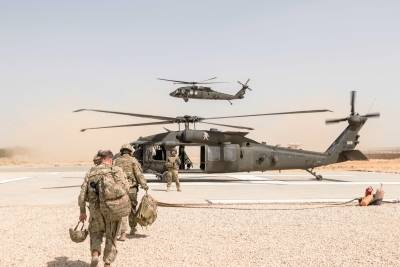
Even if the TAPI project gets wings, will India be ready to pay royalty to the Taliban government if the situation arises?
Earlier an Observer Research Foundation report said that in light of these developments in Afghanistan’s politics, it would be interesting to see what position India adopts vis-�-vis TAPI gas pipeline and whether New Delhi would be ready to continue its participation in the project.
“The US withdrawal from Afghanistan and its weakened appetite for a big foot in Central Asia are disrupting developments and can prove to be unfortunate for energy deficit giants like India,” Taneja added.
According to Upstream Online, an oil and gas weekly, Turkmenistan currently delivers the bulk of its gas production to China via a three-line gas export pipeline across Uzbekistan and Kazakhstan, with some volumes going to Russian gas monopoly Gazprom via an old route across Kazakhstan.
“The route to China is understood to be running at almost maximum capacity, preventing Turkmenistan from increasing gas production at its highly prolific Galkynysh group of fields, while Gazprom prohibits Turkmenistan from transiting its gas to Europe,” it said.
For Ashgabat, the TAPI project gives a lease of fresh life.
(This content is being carried under an arrangement with indianarrative.com)
ALSO READ: Will Taliban Keep Promise to Preserve Afghanistan’s Cultural Legacy?

